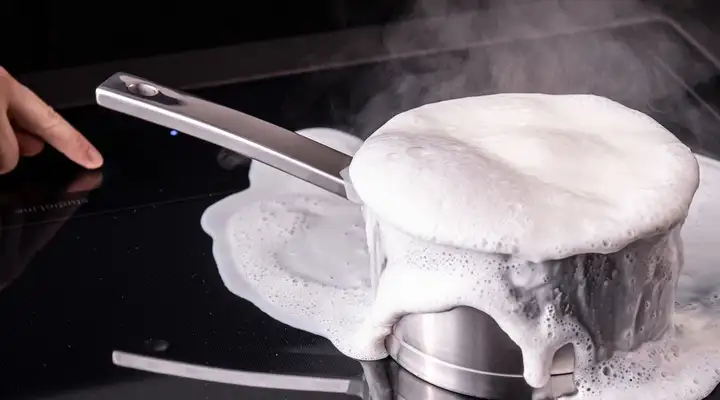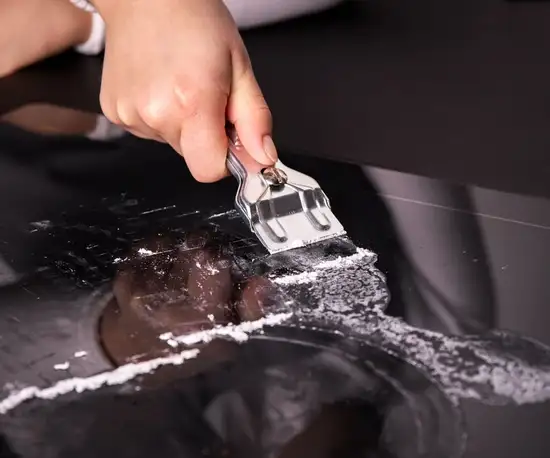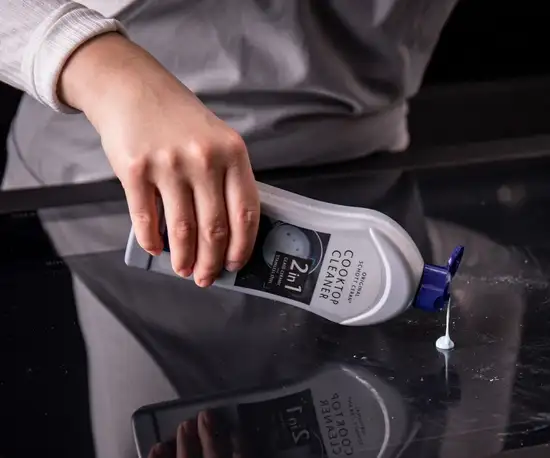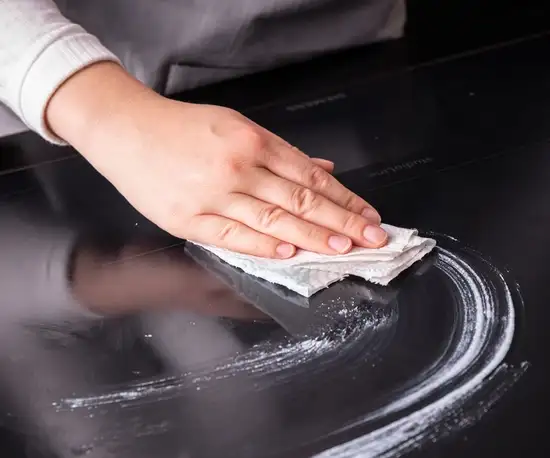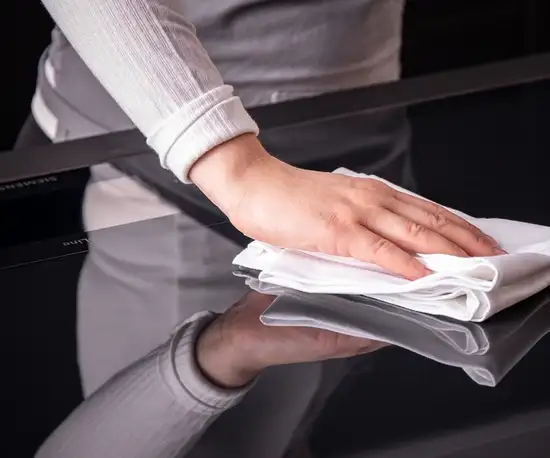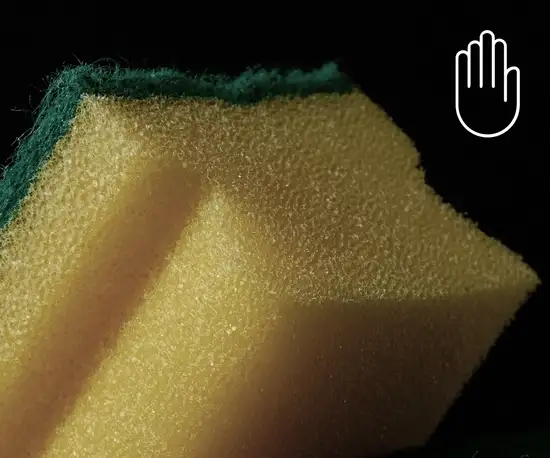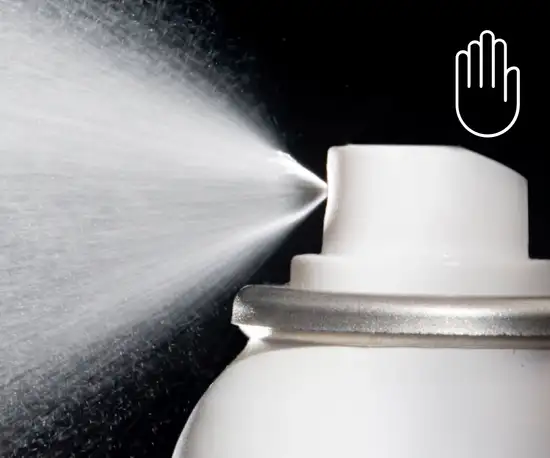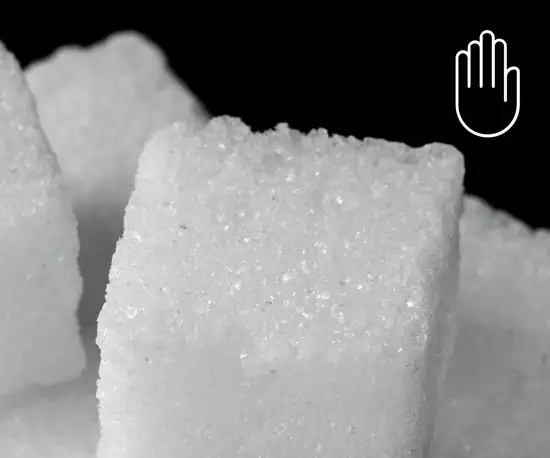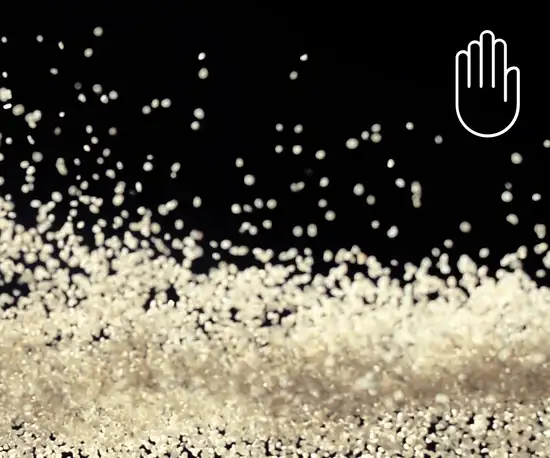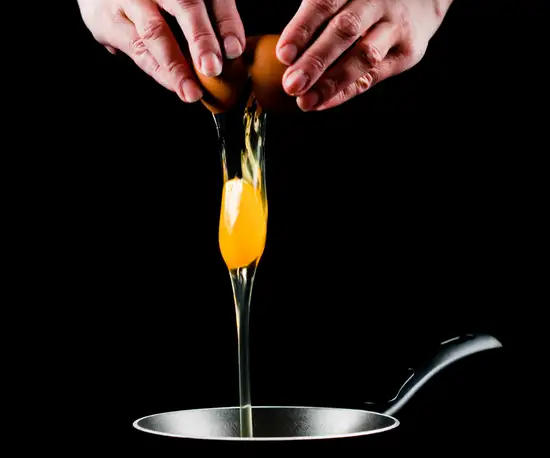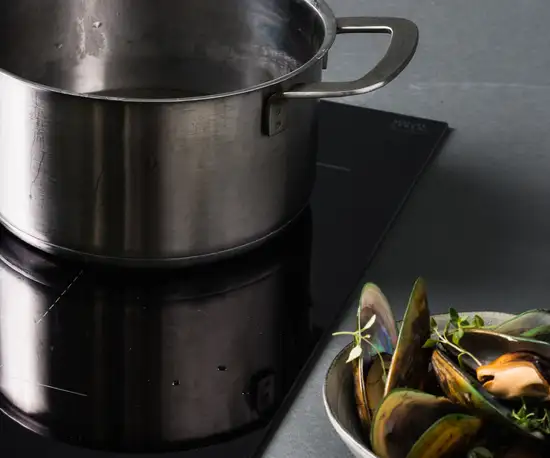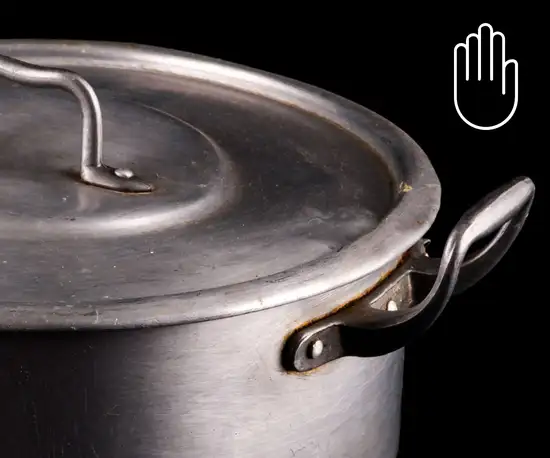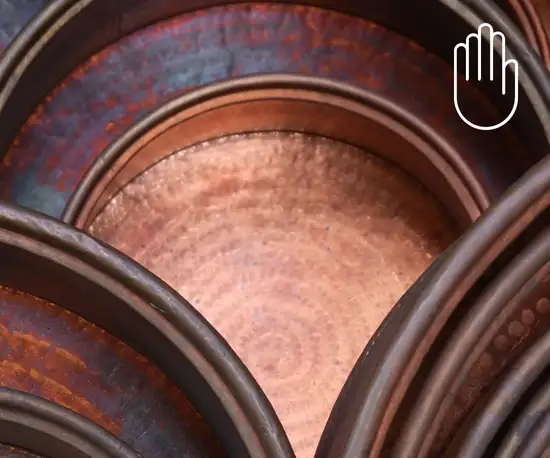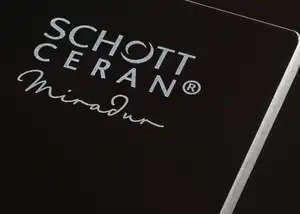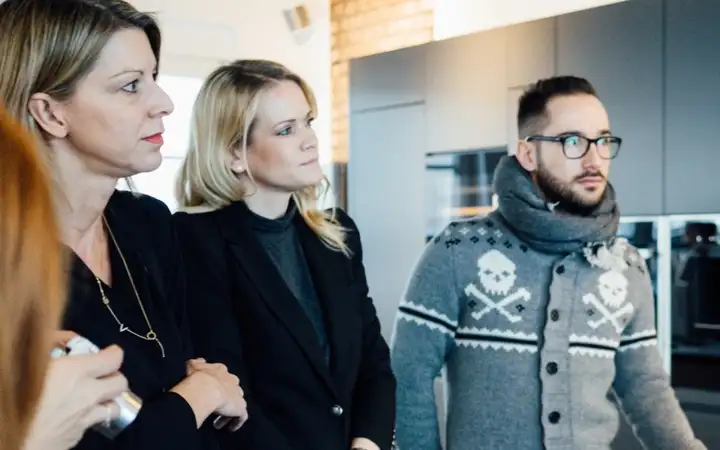From the inventor of your CERAN® cooktop: Tips and tricks for cleaning and care
Good to know: Every ceramic cooker top with a CERAN® logo also contains SCHOTT CERAN®. For you, this means: You can cook however you like because your glass-ceramic cooking surface is extremely robust and easy to maintain. Simply follow a couple of instructions and your cooktop will retain its unmistakable aesthetics for years to come.Cleaning your glass-ceramic cooktop is so easy
Good to have on hand: the cleaning scraper

This is what you should do
We have manufactured your glass-ceramic cooktop with the utmost care. If you take care of it, too, you’ll always enjoy it and its flawless surface every day. Please keep the following in mind:
- It is best to clean your SCHOTT CERAN® cooktop after every cooking session.
- Carefully remove coarse dirt with a metal cleaning scraper.
- Now rub on a few drops of cleaning agent with a paper towel. The SCHOTT CERAN® Cleaner is ideally suited.
- Then wipe the glass-ceramic cooktop panel with a clean cloth and rub it dry. You’re done!
Materials such as aluminum foil, plastic, or sugar should be removed from the hot cooking surface immediately using the cleaning scraper.
You should not do this
Although your SCHOTT CERAN® cooktop is very durable, you should definitely avoid the following errors. Otherwise, you might cause scratches and marks and permanently damage your glass-ceramic:
- Do not use scouring pads or abrasives.
- Avoid chemically aggressive cleaning agents such as oven sprays or stain removers.
- Many detergents are unsuitable and damage your glass-ceramic, which is why SCHOTT CERAN®-certified cleaners are best to use.
- If aluminum foil, sugar, or plastic come into contact with the hot cooking surface: Do not allow them to cool down, but immediately remove them with a metal scraper.
Do not use the glass-ceramic surface as a work surface. Fine sand grains, for example, can cause scratches. If food residue comes into contact with the cooktop, you should clean it thoroughly.
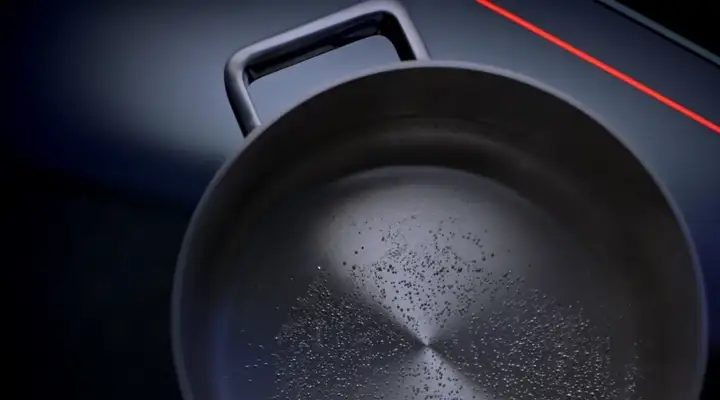
These make for the best pots
- The ideal base is made of stainless steel or steel enamel.
- The optimal base thickness for steel enamel is 2–3 mm; for stainless-steel pots with sandwich bottoms, 4–6 mm is the recommended thickness.
- The base of the pot should be slightly concave, i.e. curved inwards. As soon as the base becomes hot, it expands and then lies flat on the cooking surface. However, it should not be too curved, as otherwise there will be too much space between the cooking surface and the base of the pot.
- A special case is the induction cooking surface: Here, the base of the cookware must be ferromagnetic so that the magnetic alternating field can be created.
The pot should correspond to the size and shape of the cooking zone. This ensures that the food is sufficiently heated and valuable heating energy is not wasted.
These do not make for good pots
- An aluminum or copper bottom can leave permanent marks on the glass-ceramic, so you should avoid this as much as possible.
- If the base of the pot is convex, i.e. curved outwards, it is not lying flat. Valuable heating energy escapes from the sides, which means the food is not heated evenly.
- If the diameter of the pot base exceeds that of the cooking zone, the food is not heated enough and the cooking time will be longer.
- The diameter of the pot should not be smaller than the cross-section of the cooking zone. Otherwise, the heating energy will be wasted.
